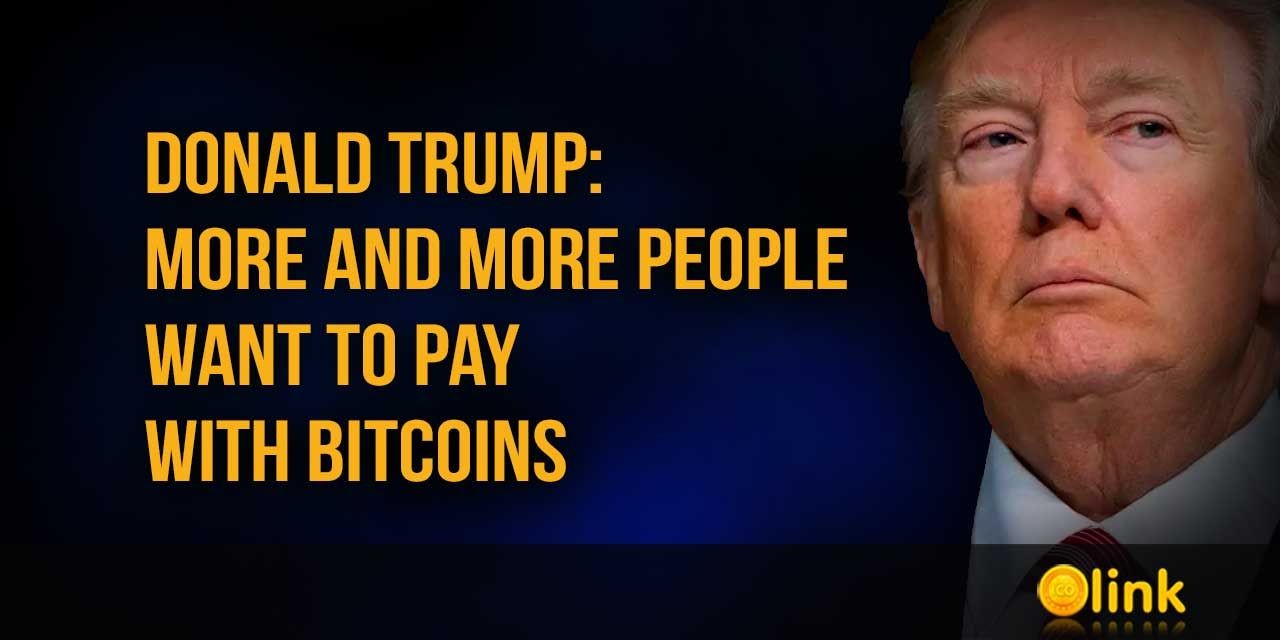Donald Trump: More and more people want to pay with Bitcoins
Donald Trump Acknowledges Rising Bitcoin Demand Amid Regulatory Considerations
In a recent discourse with Fox News, Donald Trump, vying for the presidency once more under the Republican banner, voiced a nuanced stance on the burgeoning appeal of Bitcoin. "It's undeniable," Trump mused, "the clamor for Bitcoin, this digital enigma, is on an upward trajectory." He articulated a vision where the virtual currency's allure is not merely confined to the avant-garde but is progressively permeating the mainstream, with an ever-expanding cohort opting to transact in this first of cryptocurrencies for their purchases and services.
Yet, amidst this digital currency's ascent, Trump harbors a predilection for the tangible familiarity of the national currency. "While Bitcoin carves its niche, a tether to traditional currency remains paramount," he remarked, delineating a landscape where the old and the new coalesce yet advocating for a scaffold of regulation to bridge them. "This burgeoning realm of Bitcoin, it captivates, indeed," Trump conceded, "yet without a framework of oversight, how do we navigate its potential, its pitfalls?"
Moreover, Trump reignited the debate on the inception of a Central Bank Digital Currency (CBDC) within the United States, a concept he firmly opposes. He argues that such a move towards a CBDC would encroach upon the financial privacy rights of Americans, a sentiment echoed by Minnesota's own Republican, Tom Emmer. Emmer, aligning with Trump, amplifies the chorus of concern, suggesting that the CBDC harbors more than just a promise of innovation; it poses a latent threat to the sanctity of individual financial liberty.
In essence, Trump's reflections on Bitcoin and the broader digital currency landscape underscore a pivotal moment in our financial evolution. As the digital currency's tendrils reach further into the fabric of daily transactions, the dialogue around its regulation, and the potential pivot towards a CBDC, invites a broader contemplation on the future of money, privacy, and the inherent tension between innovation and regulation.






